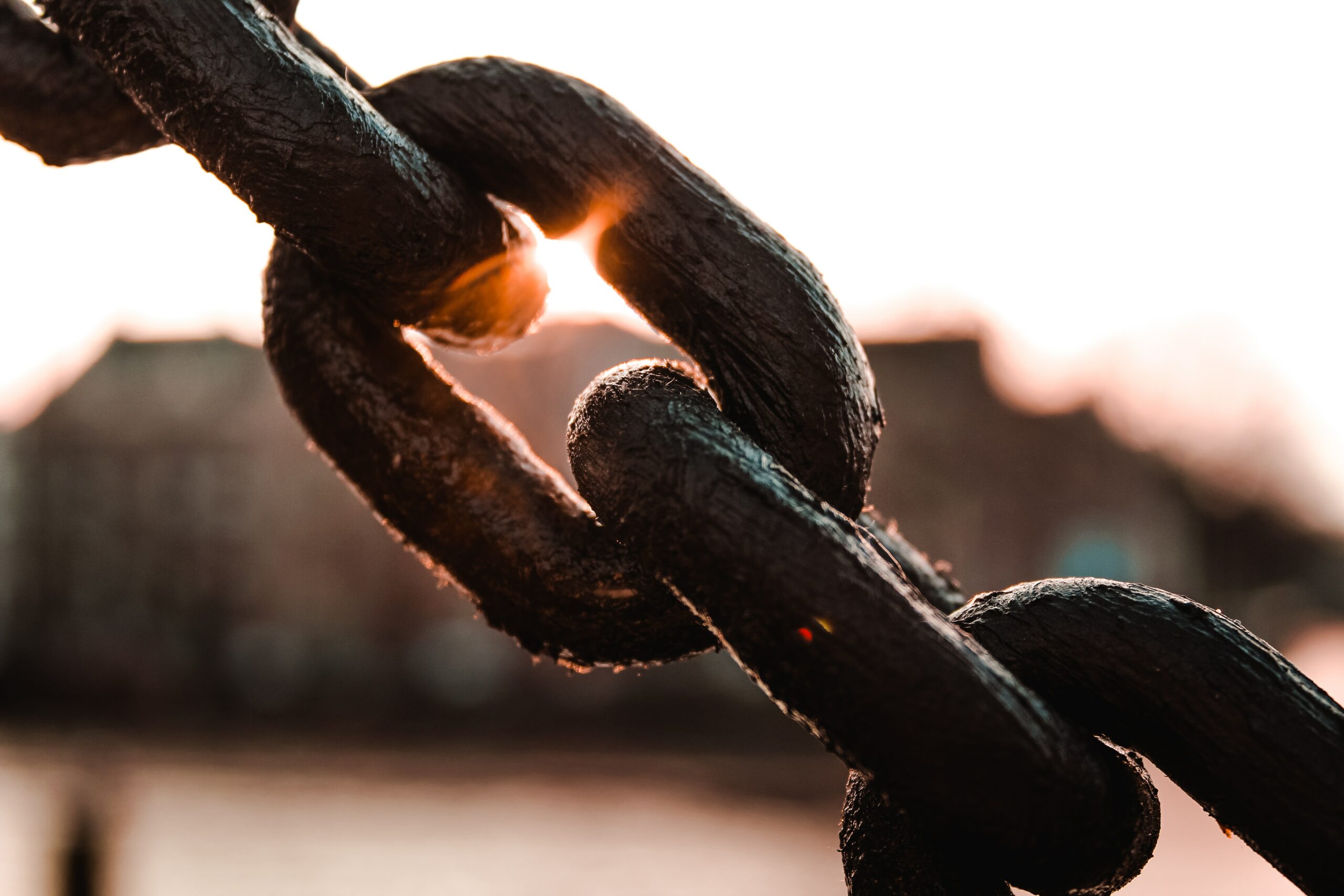The principle of non-attachment has been on my mind for a while now (ironic, isn’t it?). Most likely because non-attachment is something, I’m not very good at on so many different levels. It also means I have to practice it. Did you notice something? Yes, I used non-attachment and practice together and that’s not just a coincident. In fact, these are the two core principles on which the entire system of Yoga rests, according to Patanjali.
The Yoga Sutra says, it is through the cultivation of practice (abhyāsa) and non-attachment (vairāgya) that the other practices evolve, by which mastery over the mind field occurs, and the realization of the true Self is allowed (1.12).
Both principles work together perfectly, as practice leads you in the right direction, while non-attachment allows you to continue the inner journey without getting sidetracked into the pleasures and pains along the way (1.13 – 1.15).
Moreover, non-attachment, or rather the term vairāgya appears three times in the Bhagavad Gita (6.35, 13.8, 18.52) where it is recommended as a key means for bringing control to the restless mind.
Clinging onto things simply does not make sense considering their evolving nature
You only lose what you cling to.
Sometimes we forget that things – relationships, jobs, material goods, joy, fear – add to our life, but they are not our life. It simply does not make sense to be attached to these things considering their evolving nature. There is a great power in knowing (and accepting) that things and moments can, and most likely will, inevitably shift. That goes for both good and bad moments. Rather than hoping that the good things will last forever, or being afraid that the bad parts of our lives will never change, we learn to deal with the moments as they arise when we practice the art of non-attachment.
Here is why:
Knowing the good won’t last forever allows us to embrace and cherish the moment fully. Without clinging or depending on it and without worrying about losing it.
Acknowledging, that the bad won’t last forever, too, gives us strength to move forward instead of being caught up in helplessness and fear.
I know, it’s easier said (or written) than done, especially with a restless mind, I can tell. That’s where practice comes in again.
There are many different ways how to practice non-attachment and I will just list some ideas and food for thought for your consideration: Meditate, focus on the present, be okay with the uncertain, give up the hows, be mindful, learn to allow things, let go of expectations, accept change, learn to compromise, connect with yourself …
Non-attachment is not detachment
Non-attachment should not be mixed up with detachment. It is not just a practice of letting got. It goes beyond this. It’s a practice of not taking on in the first place.
Our journey is about being more deeply involved in life and yet, less attached to it.
— Ram Dass (@BabaRamDass) 3. November 2014
Vairāgya is facing something or someone – even something positive – and not identifying with it, not becoming attached to it. So it’s not becoming part of the way you see or define yourself.
That might even sound a bit negative, but it’s not. Detachment implies withdrawing from the world, either in an effort to avoid its complications or simply out of ignorance.
On the other hand, when we are non-attached, we practice, we help others, we are compassionate, we love. But doing so we also know that the outcome may be different than we expected, and – here’s the thing – we are fine with that.
Non-attachment is a highly beneficial state of mind in all fields of life. With possessions, experiences, with our own physical body and especially in our (intimate) relationship with people.
Non-attachment as a path to unconditional love
Real love begins when nothing is expected in return. ~ Thich Nhat Hanh
Do not expect anything in return. Yes, expectations. Well, here we go again. A while ago, I wrote about a study which stated that expectations have a major role in determining happiness. It’s not just about your next vacation or birthday party, it’s also about what you expect when you have a relationship with other people (both in a romantic and non-romantic way, of course).
I believe (or at least I’m believing more and more in it) that people come into our lives for a reason. Some will stay only for a short while, some will appear intermittently and some people stay for longer, maybe forever.
However, there’s a catch: Ultimately, you don’t know wich category a person is or will be in when you meet her or him. They might just not be meant for the category you expect or want them to be. And there is no way to know, as things evolve and so do relationships. Knowing this and being aware of it helps you to observe what may unfold rather than cling onto to something that might not even be in your hands.
Connect with your inner source
Attachment isn’t love. It’s a manifestation of objectifying another person.
Being attached to someone means that you love her or him primarily because of her or his proximity or convenience, which makes you feel good. When you place the expectation of happiness on someone else, you are depending on them. Furthermore, your happiness depends on them. So what will happen when your loved one does something that upsets you, something you didn’t expect, or simply decides to leave? All too often, attached love then turns into bitterness, anger and resentment. Honestly, who hasn’t felt it?
The quote from Sadhguru breaks it down just right. The more we are connected to ourselves, our inner source, the less we need to be attached to something or someone else.
Attaching to our belongings, careers, successes, partners, friends and families does not make us happy. It might bring us joy and we should enjoy it to the fullest (remember, it’s not about detachment).
But in the end, in order to be happy, we must be happy on our own.
Titel picture: Miltiadis Fragkidis on Unsplash





That’s an interesting idea to not try and expect anything in return. I would think that would help you appreciate when someone does do something for you. I’ll have to try to not expect as much from people to see if that could help me be happier.
Great, let me know how it works for you :-)